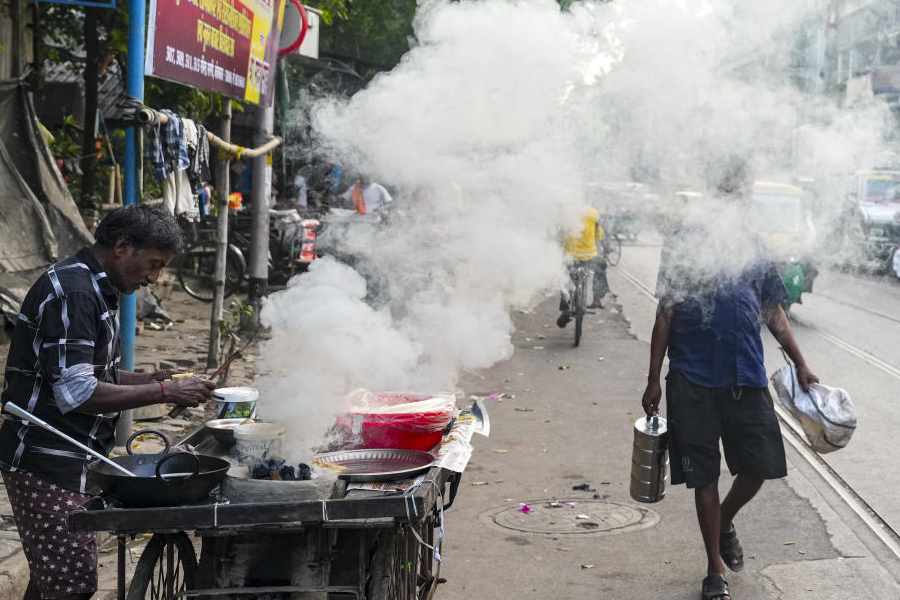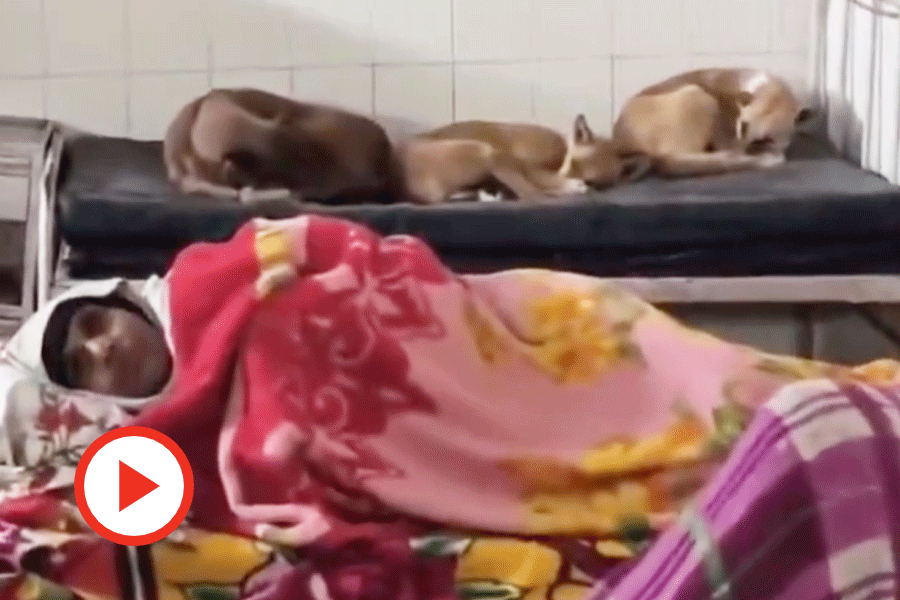

Several species of fish found in north Bengal, mostly in Cooch Behar, are on the verge of extinction much to the anguish of the fish-loving Bengalis.
To highlight the problem and create awareness of the dwindling numbers of local species, the state fisheries department will organise is organising a festival aimed at creating awareness about the dwindling local species that are still a delicacy for the fish-loving Bengali two-day festival - that starts from Friday is - named the Boroli Utsav - in Cooch Behar from May 22.
The fest would be held at the indoor stadium in the town from 10am to 8pm.
"There will be stalls selling fish preparations. We will also have stalls that will display the number of problems that fish face in their habitat. We will have an interactive session with the local chamber of commerce on investment in sustainable fishing and pisciculture so that these species can be preserved," said Alok Nath Praharaj, the assistant director of the fisheries department.
Although the fest is named after the boroli, one of the most consumed fish in north Bengal, several other varieties such as chapila, mola, kajli and batasi, which are among the 15 species that are on the brink of being wiped out, would be featured at the event.
Visitors can choose from an array of dishes such as chapila fry, kajli paturi or kajli toast, batasi jhal, boroli fry and steamed boroli .

All the varieties of fish can be found in the Teesta, Torsa, Kaljani, Mahananda and numerous streams that criss-cross north Bengal.
Praharaj said it was a matter of concern that the local fish production was far less than the demand.
"Last year, in Cooch Behar district, the estimated fish production was 5,000 tonnes. But the district has had to buy about 22,000 tonnes from outside. This indicates that local fish production was not adequate to meet the demand," he said.
"The fall in the number of the boroli has been alarming over the years. According to our estimates, during 2010-11, the catch in Cooch Behar district was 516kg. During 2013-14, the catch came down to 310kg. This year from January to April, the yield has been 172kg. This has resulted in high prices," Praharaj said.
He added that the main reasons for the dwindling numbers of fish were fine-mesh fishing and water poisoning.
"The use of fine-mesh nets and pesticides to poison the water are the two reasons behind the destruction of the fish species. Added to this is pollution because of industrial discharge into the rivers," said Praharaj.
In the last couple of years, repeated instances of poisoning of river waters, which killed many thousand fish, have been reported.
"The use of fine nets traps the small fish. There are some people who want to make fast money. They poison local rivers and streams to catch fish and in the process cause tremendous harm to the environment. All this has led to fish like the boroli cost well over Rs 1,000 a kg in the market," he said.











